[Disclosure: AgFunderNews’ parent company, AgFunder, is an investor in Ai Palette.]
Singapore-based startup Ai Palette has raised $5.7 million in a series A1 funding round to expand its AI-powered platform to help food companies accelerate and de-risk the product innovation process.
Led by new investor Tin Men Capital and supported by existing backers Exfinity Ventures and pi Ventures, the round takes Ai Palette’s cumulative funding to $11.2 million and will help the company build its sales and marketing team, push beyond food & beverage into beauty and personal care, and further expand the scope and geographical reach of its platform.
Founded in 2018 by ex-Givaudan executive Somsubhra Gan Choudhuri (CEO) and big data expert Himanshu Upreti, Ai Palette has developed an end-to-end platform enabling clients to identify trends, generate new product concepts, and screen them at the click of a button, aided by a chatbot called FoodGPT.
The platform—used by food & beverage giants including Nestlé, Symrise, ADM, Kellogg, Mondelēz International, Diageo and Cargill along with multinational personal care and beauty firm Himalaya Wellness—has three core components:
- Foresight Engine: The core insights platform uses AI to trawl through images and text from retail e-commerce platforms, menus, recipes, social media posts and search engines in 18 languages in 24 countries to help CPG companies identify unmet consumer needs and emerging trends.
- Concept Genie: A new tool using generative AI to generate new product concepts based on data from the Foresight Engine.
- Screen Winner: A concept screening tool to help users determine if new product concepts have legs in a particular category or market.
More traditional tools such as consumer testing are still needed to refine and validate concepts in the real world, stresses the firm. However, Ai Palette enables companies to quickly identify trends and needs based on vast data sets in specific target markets and generate tailored product concepts that meet these needs at the click of a button, without spending huge amounts of money, time, and energy using more traditional market research.
“It speeds and de-risks the innovation process,” Gan Choudhuri told AgFunderNews. “Using more traditional approaches where you have to coordinate with multiple stakeholders and market research companies, creating new concepts can take three to six months. Now you can identify a market need, create, and screen a concept in a day.”
FoodGPT
Ai Palette’s generative AI chatbot FoodGPT—launched late last year—can provide additional insights by drawing upon clients’ proprietary market reports and other information that they can upload onto Ai Palette’s platform in addition to data scraped from the internet, said Gan Choudhuri.
“We’re working with a few chosen customers on this because FoodGPT is customized for each client and we have to set up a private cloud for each company to ensure its proprietary data is not accessible by anyone else using our platform. We’re seeing that this tool resonates a lot with customers because they are used to using generative AI tools such as ChatGPT.”
He added: “Our [new] Concept Genie tool is also more popular than we had expected; every day, we see clients generating tons of concepts and images.”
“Ai Palette’s ability to deliver real-time insights derived from a vast dataset of over 61 billion data points empowers businesses to capitalize on nuanced consumer trends across various demographics and geographical regions. This not only enhances success rates but also propels revenue growth through swift market penetration strategies.” Jeremy Tan, cofounder and partner, Tin Men Capital
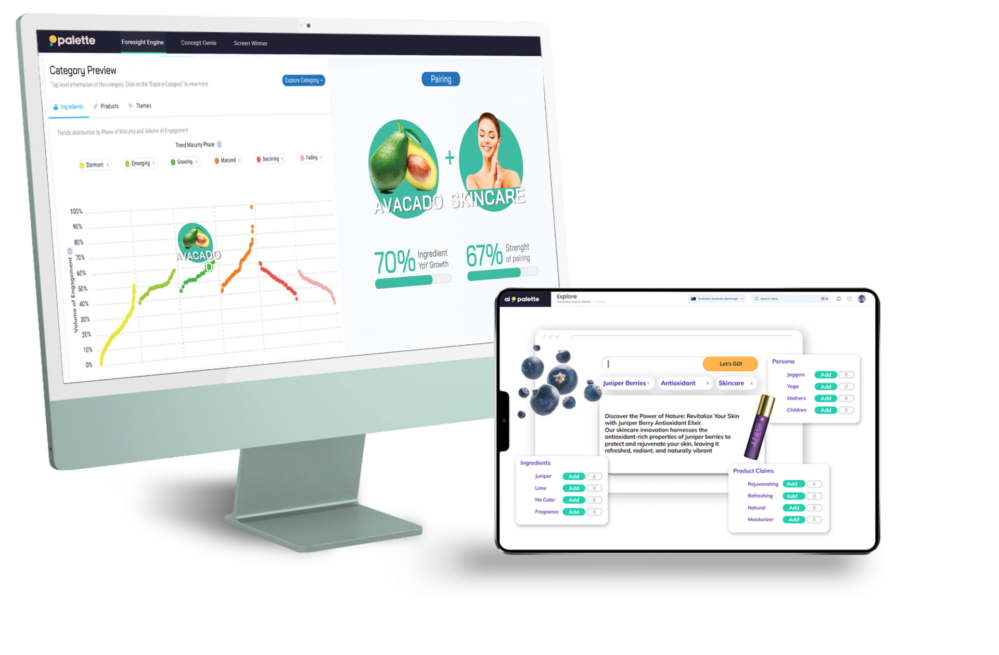
Anticipating trends
Longer term, AI has the potential to transform new product development claimed Gan Choudhuri. By looking at what people type into search engines about their health concerns, what they’re cooking at home, or what they’re researching online, companies can anticipate trends, rather than constantly looking in the rear-view mirror, he said.
“The key benefit is reducing the time it takes to develop new products,” he explained. “The next big benefit is that you’re making decisions based on millions of data points versus what 100 people are telling you in a [traditional] market report, so you can have more confidence in your decision making.
“There’s a lot of demand for generic AI capabilities specifically for the food and beverage community now, and we’re uniquely positioned to address it.”
Case studies: Cargill, Kellogg
Asked to provide concrete examples of how large CPG companies have used Ai Palette in a recent interview, he said: “One of the world’s largest alcoholic beverages companies used our platform to create new flavor variants of a vodka RTD drink and get them to market very quickly.
“In another case, one of Cargill’s customers wanted to enter the plant-based yogurt space in Indonesia. Using our platform, they could see it was a little premature to enter that particular market with this kind of product.”
Kellogg, meanwhile, used Ai Palette during the COVID-19 pandemic to scrutinize online content from Malaysia, the Philippines, Singapore and Thailand in four languages (Bahasa Melayu, Thai, Tagalog, and English) and identify trending recipes for foods incorporating breakfast cereal, such as crispy calamari.
It then used this data to launch a campaign on its social media channels featuring recipes incorporating its branded cereals.
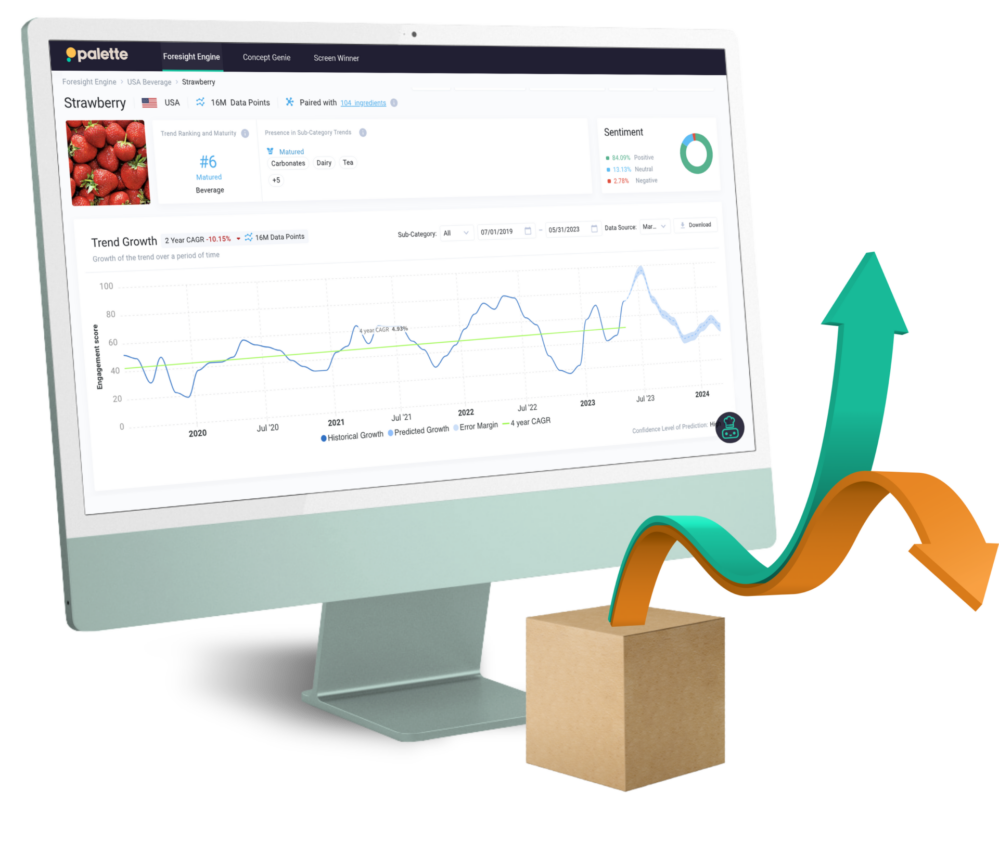

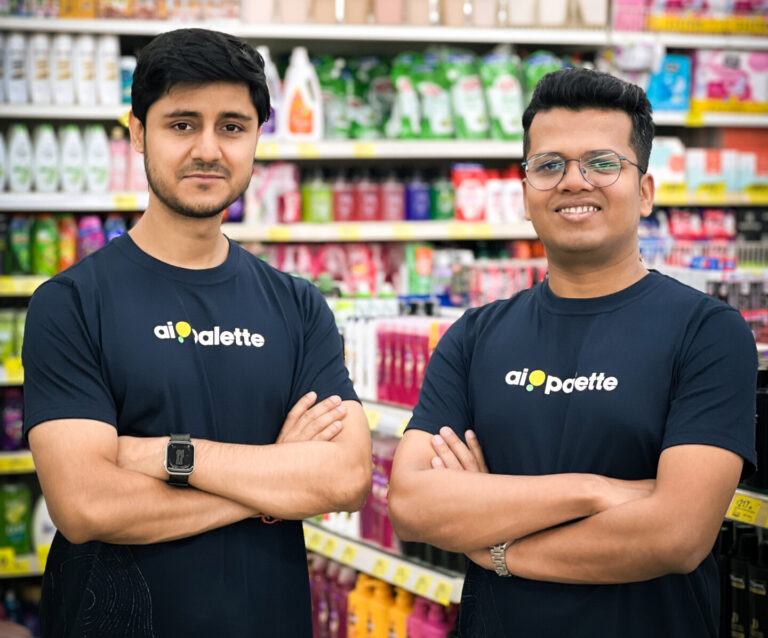

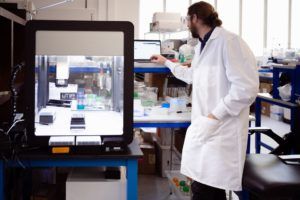



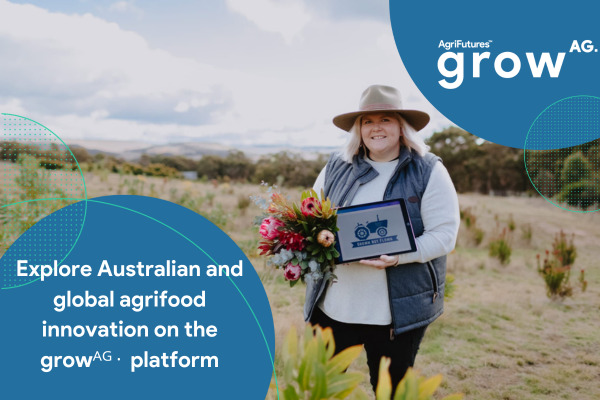

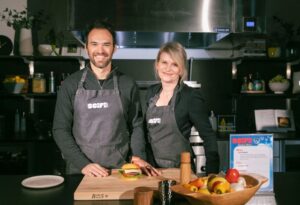


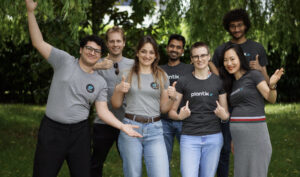


Sponsored
Sponsored post: The innovator’s dilemma: why agbioscience innovation must focus on the farmer first